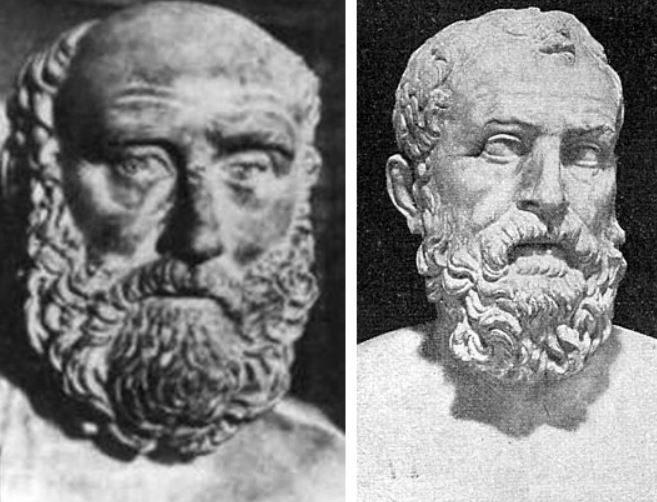To answer that question, recall a well-known psychological experiment conducted in 1971 at Stanford University. Social psychologist Philip Zimbardo suggested that the volunteers be divided into two groups, one of which would “play” the role of prisoners, and the other the role of prison warden. Very quickly, many of the latter became fully involved and began to manifest themselves as sadists, and the “feature prison” soon became no different from the Nazi concentration camp.
When it became known in 2004 that soldiers were humiliating and torturing detainees at the US military prison in Abu Ghraib, Iraq (for no apparent reason, merely for “pleasure”), Zimbardo was invited to work with soldiers with sadistic tendencies. The conclusion was the same as the Stanford experiment. They are normal, mentally healthy people, many of them are good husbands and fathers, and children who take care of their parents. They just think of their behavior model that way and get into the role very quickly.
The Armenian standards of behavior are best formulated in the case of the government in the “Kaj Nazar” fairy tale, when the protagonist, finally stunned by the position he received, does not know what instructions to give for self-affirmation and begins to command his viziers: “Guys, this way, guys, that way.” Here is the answer. Usually, people who are in dire need of self-assertion seek power, and when they achieve their goal, they enter into the role, and they need “new doses” of constant reverence and contempt.
Money, “chauffers,” “summer homes,” “guards,” etc., are private manifestations of self-affirmation, which in many cases may or may not exist. The important thing is to rule, to give instructions, to use the position to humiliate people, and to feel inner satisfaction from it all. In short, self-affirmation.
Read also
“Ah, you do not honor me enough, now I will take the chairs from you, and you will stand on your feet all day” is a small issue, but very descriptive. By the way, in my opinion, the cleaners or the high-ranking “chiefs” are respected for their personal qualities, not for their position.
Zimbardo summarized his research in a book called The Lucifer Effect: Understanding How Good People Become Evil. I think the answer to that question is also clear in the context of what has been said.
Aram Abrahamyan























































